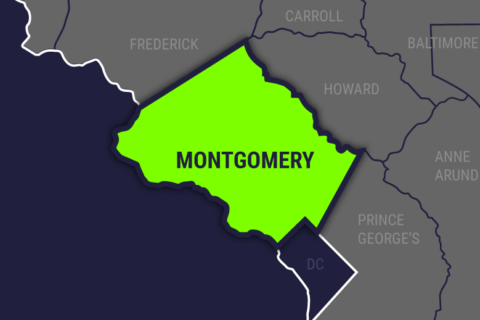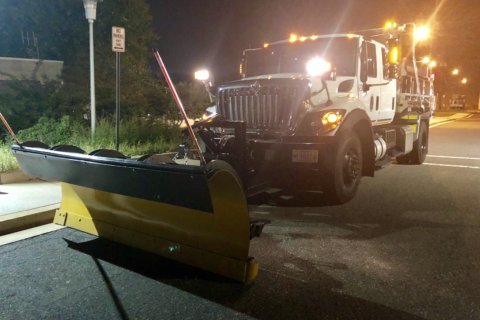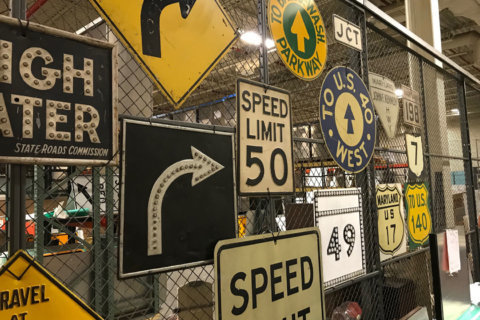WASHINGTON — The agency that maintains Maryland’s highways hasn’t been doing enough to ensure a vendor that operates speed cameras in work zones is holding up its side of a contract with the state.
It’s one of eight areas that auditors for the Office of Legislative Audits found needs improvement at the Maryland State Highway Administration.
The report released in January found the SHA failed to show it properly oversees the Maryland SafeZones program.
The shortfalls, according to auditors, included a lack of proof of inspections of the speed camera operator and a failure to review documents submitted by the unnamed vendor to the state.
Auditors called for the SHA to review documentation and inspect the camera operator’s work to make sure it’s holding up its side of its $28 million deal with the state and following state speed camera laws. It also called on the SHA to have the vendor prove it’s annually reviewing driver’s license records of employees who operate the cars equipped with the speed cameras.
The auditor also criticized the SHA for not always following proper procedures when paying contractors who help with snow plowing and ice removal. The report cited invoices that didn’t have documentation to prove the contractor did the work for which they billed the state.
The agency was also hit for reportedly not properly reporting and publishing contract awards and for not doing enough to make sure the state gets paid back for property damaged in traffic crashes.
Among other areas of concern, the auditor’s report called for security to be stepped up at the SHA’s district offices. This comes after close to $800,000 in equipment, including snow plows, truck tires and tools, were reported stolen or missing between 2014 and 2017.
The auditor also asked that the security on agency computers be upgraded.
“Certain outdated software and security-related settings on SHA computers were not sufficient to provide SHA with adequate assurance that its computers were properly protected,” the report noted.
Auditors also recommended the agency tighten up its oversight of corporate credit cards to make sure card holders are not making purchases they shouldn’t.
In a statement, SHA spokeswoman Shanteé Felix said the agency welcomed the external review. She said the agency took action on the feedback as soon as it reviewed the report.
The actions taken, according to Felix, included strengthening security by installing use of cameras and card readers. When it comes to speed cameras, Felix said new processes have been established, and all of the documentation recommended by the report have been collected.
“We constantly strive to strengthen and improve our programs, procedures and business practices,” Felix said.










